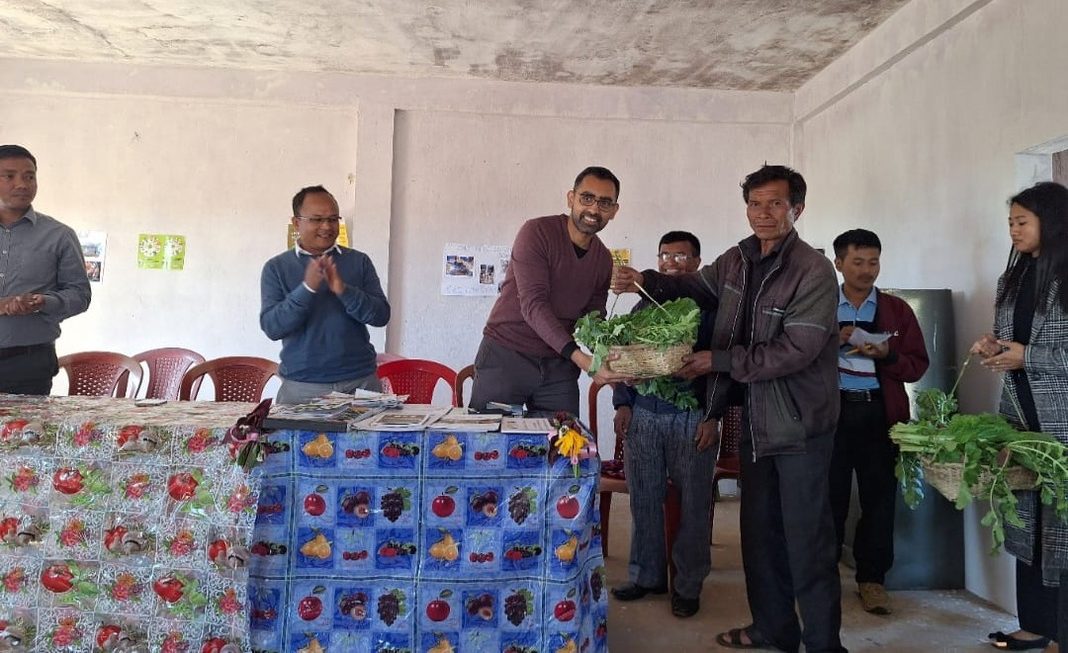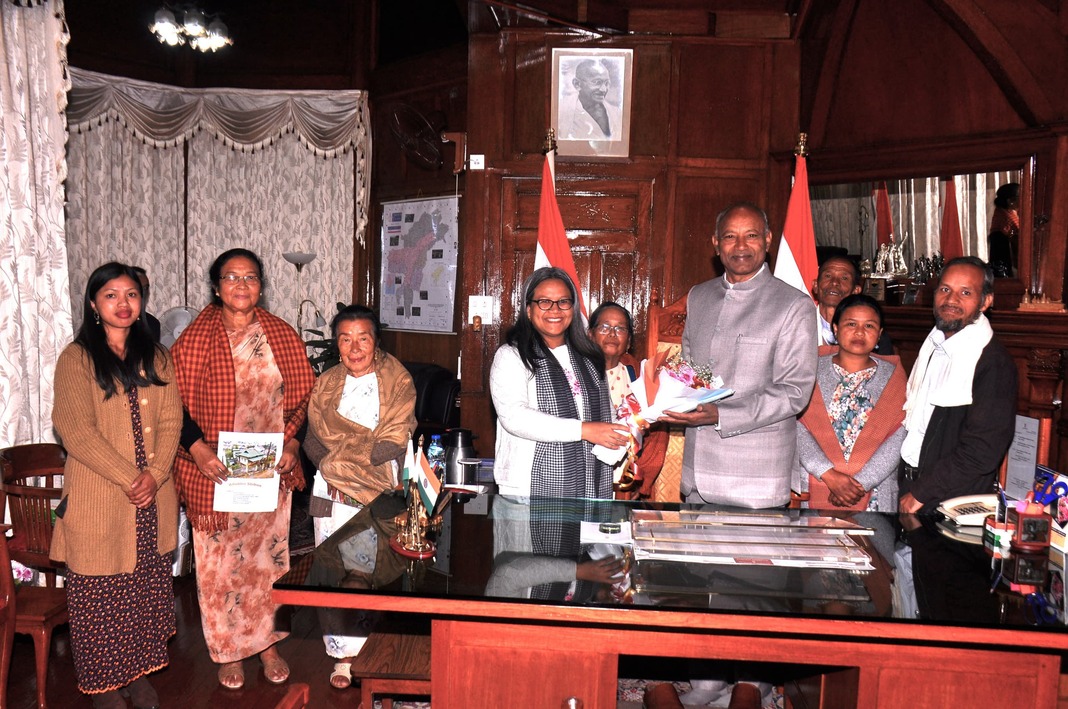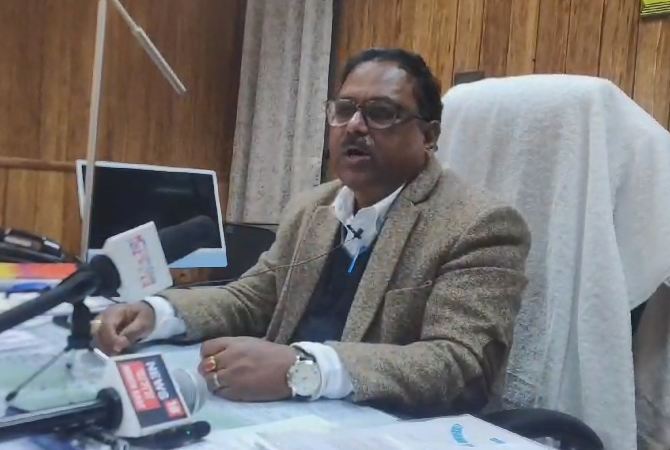Shillong, Nov 20: A community-driven solution in Meghalaya is paving the way for a healthier, brighter future for children.
The scenic village of Laitsohpliah witnessed a transformative initiative today as the North East Slow Food and Agrobiodiversity Society (NESFAS), in collaboration with the Directorate of School Education and Literacy (DSEL), Meghalaya, hosted a School Meal Programme at the Laitsohpliah Community Hall. The event brought together community leaders, educators, parents, and experts to highlight the importance of school nutrition and sustainable food systems.
The day began with an immersive visit to the lush school gardens of Laitsohpliah and Subakalai, where participants experienced firsthand how these green havens are reshaping school nutrition. These gardens serve a dual purpose: providing fresh, locally sourced ingredients for school meals while doubling as outdoor classrooms to teach children about biodiversity and sustainable farming.
The event began with a heartfelt welcome from Bah W Marwein, the village headman, setting the tone for a day centred on collaboration and community-driven change.
Bah Pius Ranee, Executive Director of NESFAS, emphasized the transformative power of food systems in achieving sustainable development. He applauded innovative practices like Agrobiodiversity Walks, which engage students with nature and traditional knowledge holders. “Our children now possess a deeper understanding of biodiversity,” he remarked, “and with the community’s involvement, we can take Meghalaya to the forefront of achieving global nutrition goals by 2030.”
Adding to this, Babu Nectar Kharmawphlang, Head Teacher of Laitsohpliah RCLP School, shared insights into the school’s journey. “Initially, children hesitated to try wild edibles,” he said, “but through recipe adaptations and consistent efforts, their tastes have evolved. Today, they not only enjoy these meals but also reconnect with nature through these gardens.”
From a parent’s perspective, Kong Barilin Swer, a local farmer, highlighted the positive ripple effects of the program. The inclusion of the five essential food groups in school meals has inspired parents to replicate these nutritious recipes at home. “We even donate vegetables to ensure every child benefits,” she shared, reflecting the spirit of community ownership that underscores the program’s success.
Swapnil Tembe, Director of DSEL, commended the efforts of NESFAS and local educators in combating malnutrition and anaemia. “School nutrition gardens are crucial assets for every institution. By focusing on local, seasonal foods and fostering collaboration, we can empower students and address critical health challenges,” he stated.
The event concluded with a communal lunch featuring a variety of wholesome dishes crafted from the freshest local ingredients, a testament to the program’s commitment to sustainability and health.
By combining local resources, community effort, and innovative teaching, the School Meal Programme is more than just a meal—it is a movement. Laitsohpliah’s example shows how localized efforts can achieve global impact, one meal at a time.




